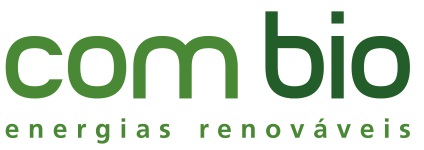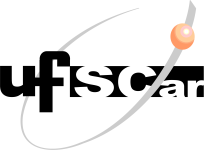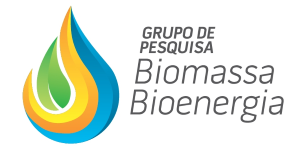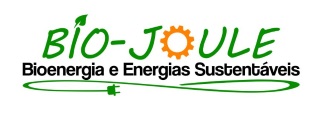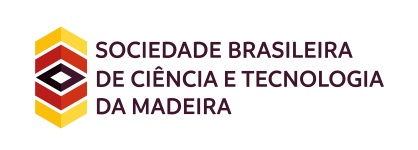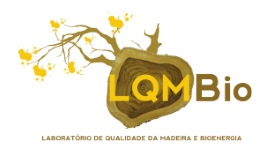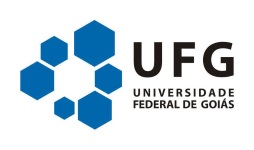THE IMPACT OF STATE INTERVENTION IN THE RENEWABLE ENERGY MARKET
03 - Bioenergy: Economy, Market and Policy
 1 ANDRÉS DI PELINO, 1 ALEJANDRO EINSTOSS, 1 PATRICIO GONZÁLEZ SZTEINMAN
1 ANDRÉS DI PELINO, 1 ALEJANDRO EINSTOSS, 1 PATRICIO GONZÁLEZ SZTEINMAN
1 UNIVERSIDAD DE BUENOS AIRES; UNIVERSIDAD DE BELGRANO
This paper analyzes State intervention in the energy sector and in the renewable energy sector specifically from a regulatory approach, in Argentina. It analyzes the use of regulations and prices as public policies instruments to achieve an efficient and sustainable investment process aimed to achieve a diversified electrical generation matrix. The research contributes to the formulation and design of public tools and regulatory mechanisms in the energy generation activity to achieve a greater diversification of the energy matrix. Firstly, it presents the current situation of the energy generation system in Argentina, characterizing its main aspects and the share of renewable energy in this industry. The document presents the national energy matrix, the installed power capacity, the demand for fossil fuels to producer energy, etc. The results reflect a very low share of renewable energy in the national energy matrix and a growing dependence on fossil fuels to generate electricity, especially natural gas. Secondly, the work describes and analyzes the regulatory and price incentive mechanisms applied to foster the investment on renewable energy generating plants, with focus on bioenergy plants (Feed-In-Tariff, competitive tenders, compulsory quotas), establishing their advantages and disadvantages. Lastly, it compares this results with regional and international experiences to identify the best regulatory practices that could be replicated in Argentina.
Keywords: regulations; price incentives; state intervention; public policies
